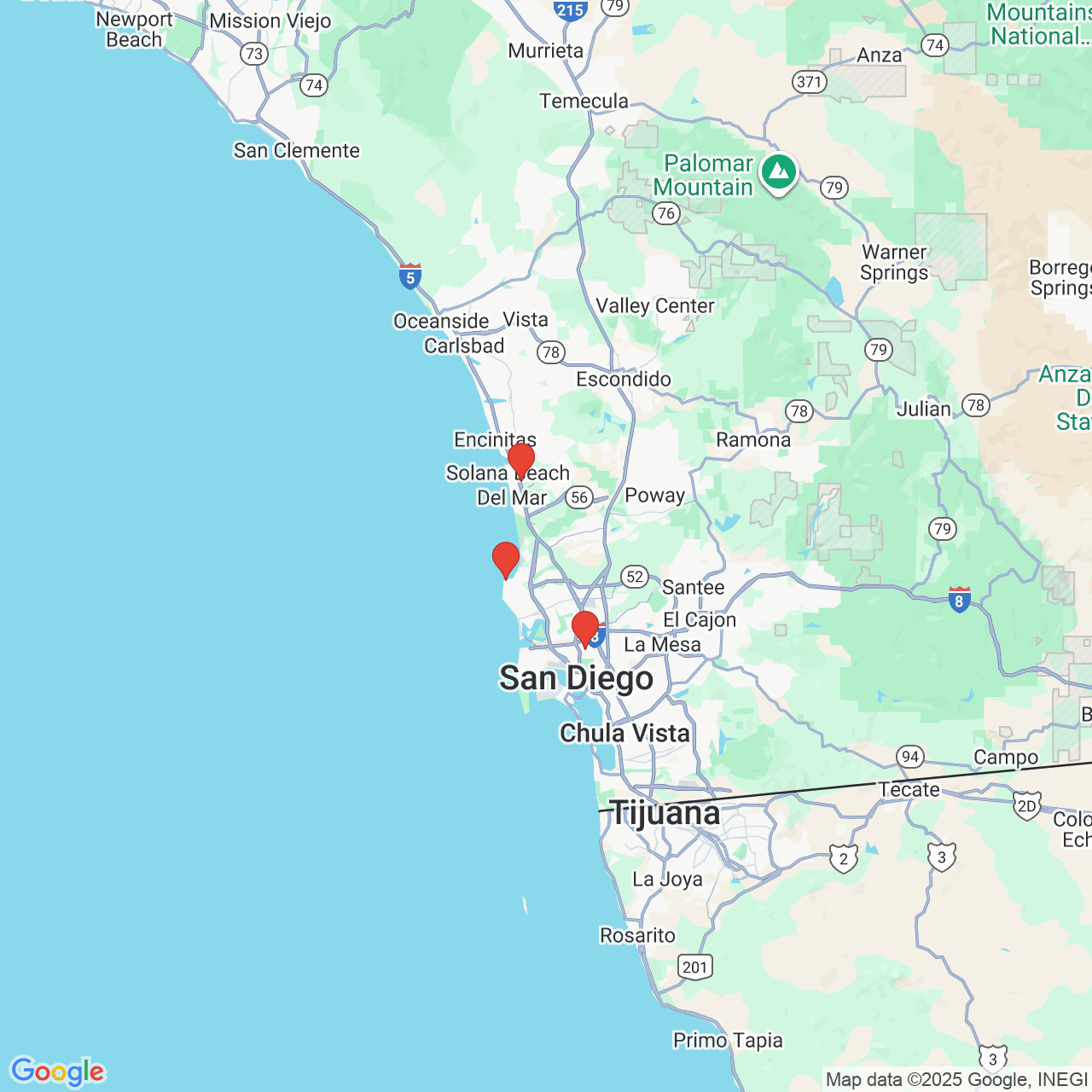Medications for Glaucoma: Understanding Your Treatment Options
 The team at GW Eye Associates Inc has helped numerous people in and around San Diego have healthier eyes and better overall vision. This includes addressing refractive errors through prescription lenses and providing medical recommendations when it comes to treating advanced eye care issues.
The team at GW Eye Associates Inc has helped numerous people in and around San Diego have healthier eyes and better overall vision. This includes addressing refractive errors through prescription lenses and providing medical recommendations when it comes to treating advanced eye care issues.
We have received a number of questions about glaucoma treatment through medication and surgery. We'd like to take a moment right now to consider some of the most common kinds of drugs used to treat glaucoma.
About Glaucoma
Glaucoma is a condition that is caused by increase pressure within a person's eye. As the pressure increases, damage is inflicted on the optic nerve, resulting in vision loss. Glaucoma is irreversible, and if the condition is not properly managed, a person can go blind.
Medications Used Before Surgical Options Are Discussed
The use of medications is typically a first step in treating glaucoma. These drugs are typically administered via eye drops. Eye care specialists will often work conservatively, implementing various kinds of non-invasive or minimally invasive therapies before considering more involve treatments, such as surgical intervention.
The following drugs are commonly used as a means of managing glaucoma. We've included some brand names and the intended effects of the drugs so you are better aware of what these medications can achieve.
Alpha Agonists
Alpha agonists are used in order to increase drainage of fluid within the eye while simultaneously decreasing fluid production. The drug is available under brand names such as Alphagan and Propine. Generic forms of the drug are also available.
Potential side effects include headaches, drowsiness, fatigue, dry mouth, and stinging or burning sensation in the eyes.
Beta Blockers
Beta blockers are the second most common kinds of drugs used to treat glaucoma. Beta blockers help descrease the production o fluid within your eyes. Brand names of these types of drugs include Betagan, Betimol, Ocupress, and Timoptic. Generic beta blockers are also available.
Potential side effects include reduced pulse, lowered blood pressure, shortness of breath, and fatigue.
Carbonic Anhydrase Inhibitors (CAIs)
CAIs, like beta blockers, work by reducing the production of intraocular fluid. CAIs can be found under the names Azopt, Diamox, and Trusopt, and they can be taken in eye drop form as well as pill form.
Potential side effects of the eye drops include eye discomfort and burning or stinging sensations. Potential side effects in pill form include upset stomach, depression, tingling in the hands and feet, and frequent need to urinate.
Prostaglandin Analogs
Prostaglandin analogs are used in order to improve the outflow of fluid from the eyes. Brand names of this type of glaucoma drug include Lumigan, Travatan, and Xalatan.
Potential side effects include changes in eye color, changes in the color of the eyelid skin, blurry vision, red eyes, itchiness, and burning sensation.
Combinations of Medications
Sometimes one glaucoma medication alone isn't enough. It's possible for drugs in combination to be used. In such cases, an eye care specialist will be especially attentive to potential contraindications and side effects before making any prescriptions.
Learn More About Treating Glaucoma
If you would like more information about your treatment options for glaucoma, it's important that you contact our advanced eye care center today. The entire team here at GW Eye Associates Inc look forward to your visit and helping you make the smartest possible decisions about your vision.


